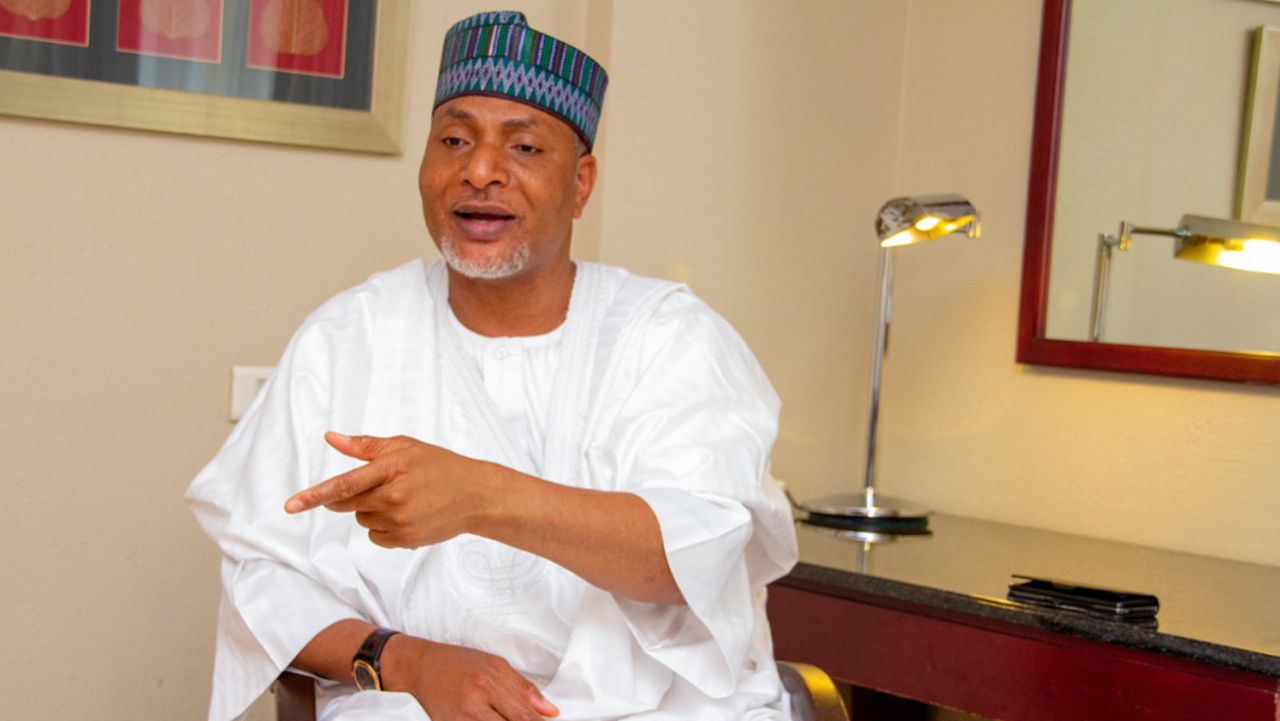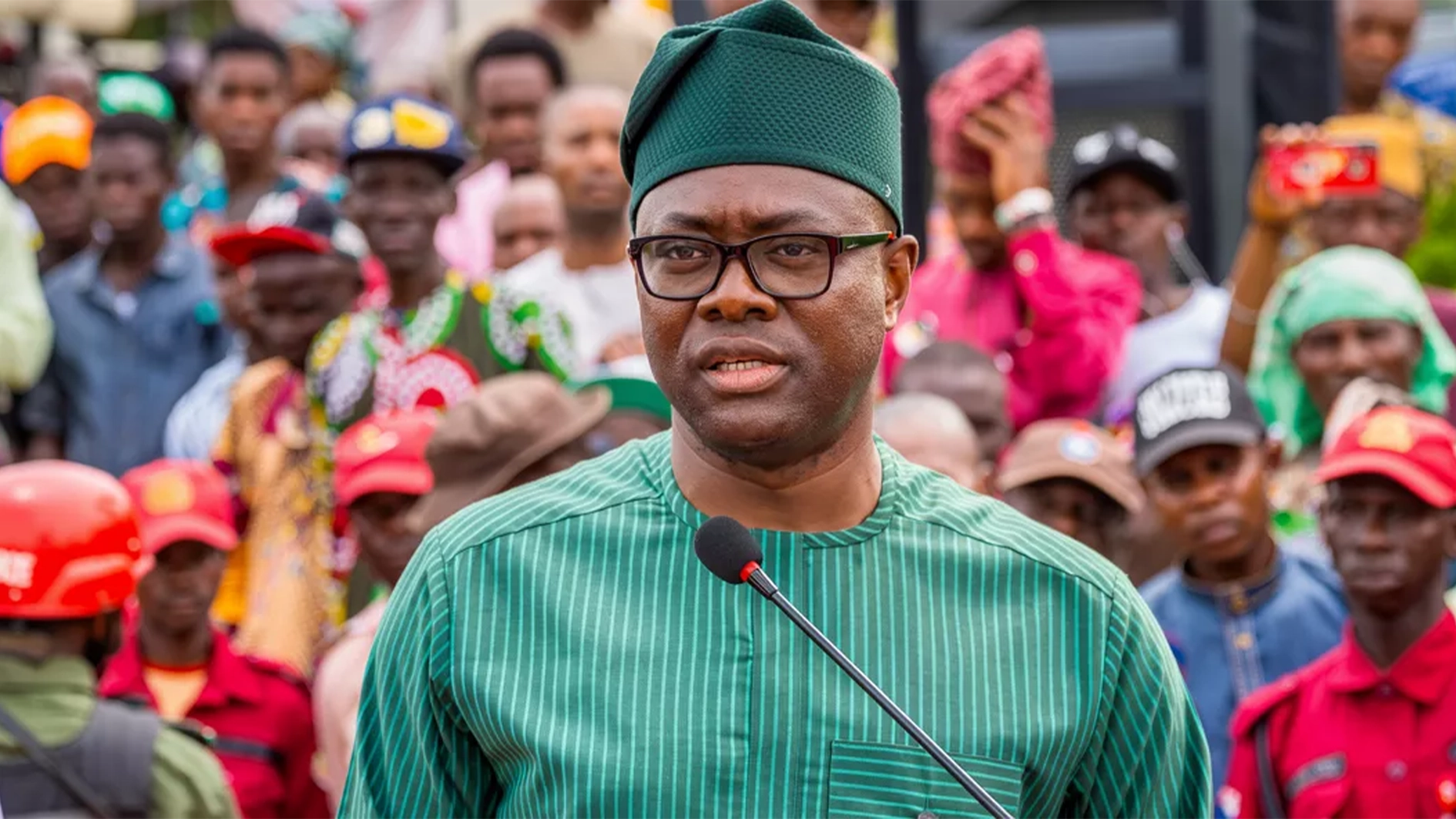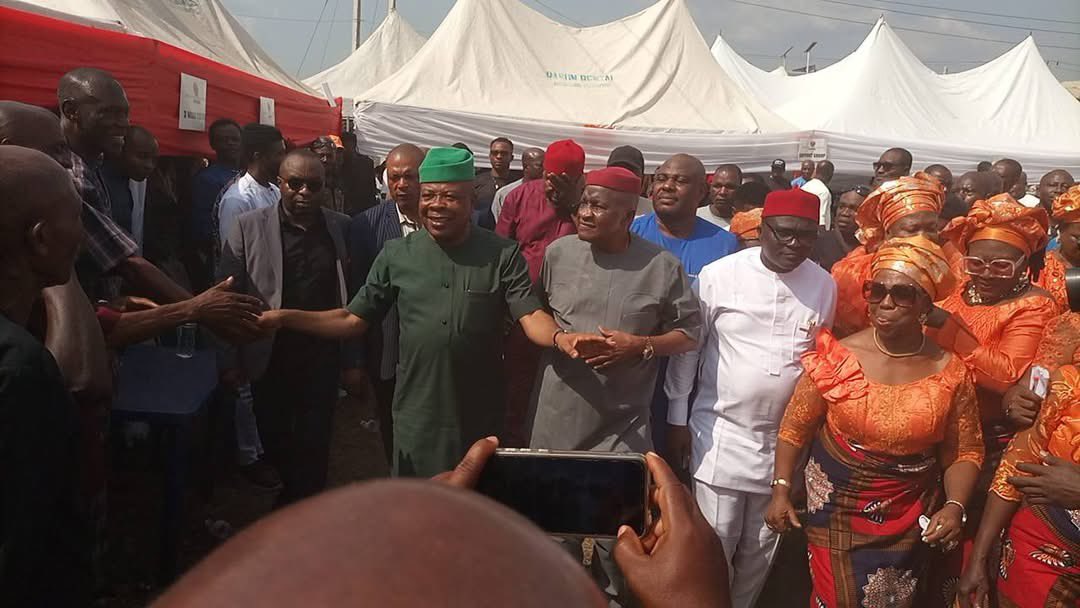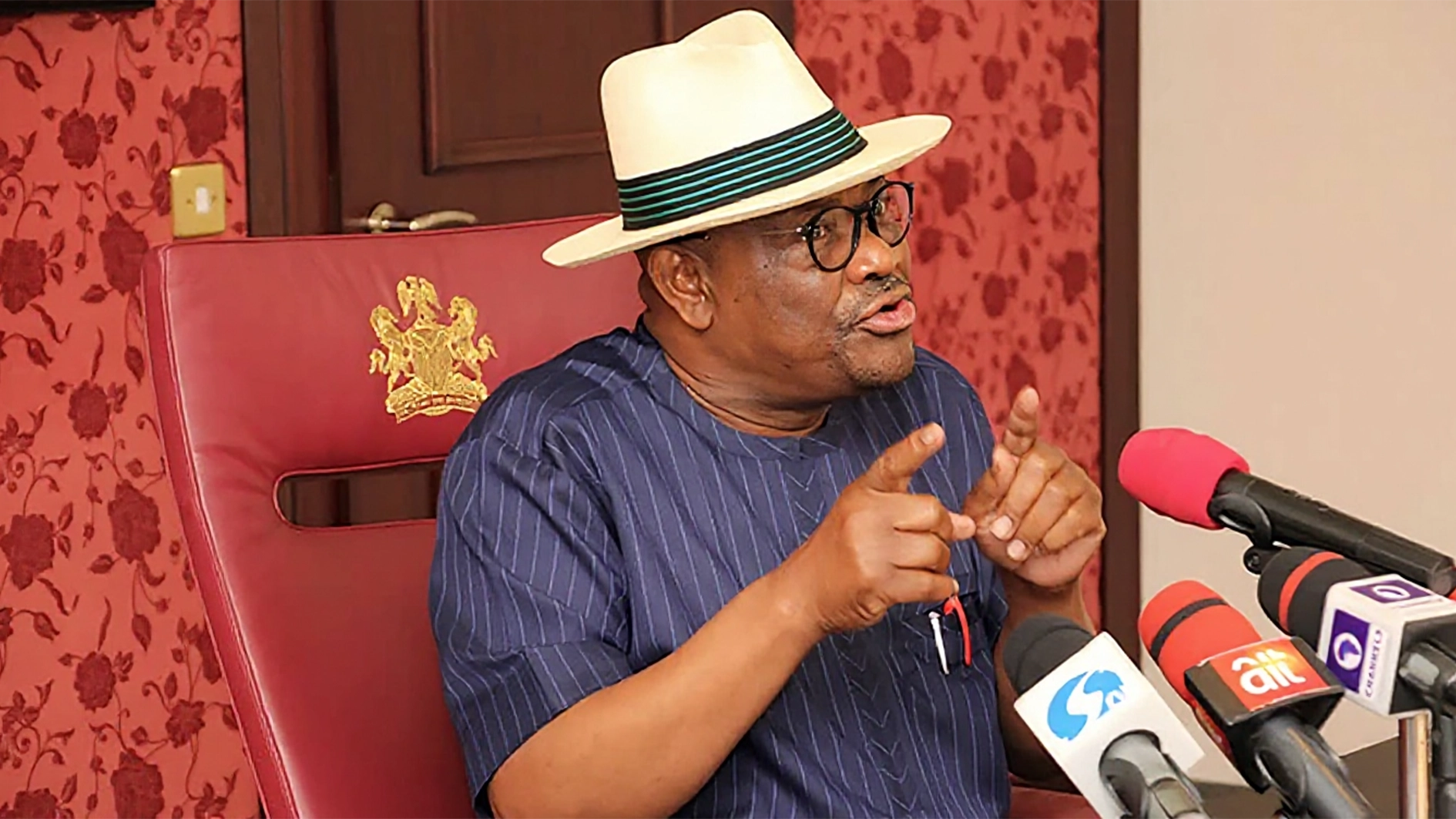
Kwara State holds a major attraction as one the states of interest in the forthcoming 2023 general elections. Apart from the public expectation on Governor AbdulRazaq AbdulRahman to prove that the ootoge phenomenom that ushered into office was not a flash in the pan, the race to who represents Kwara Central Senatorial in the Red Chamber is already exciting public attention.
One salient feature about Kwara Central is that it houses the Ilorin Emirate. And as result of that strategic import of the Senatorial seat, those who have occupied it had been people of high standing. Most importantly, a look at the record of past holders, it is evident that they are also turbaned as Turaki.
It is this title that seems to confer prominence of the Turakins in Ilorin Emirate, because those honoured with the titlein the past are known to have advanced politically either on account of their meriting the title or because of the followership the title attracts to the bearer. This could explain whu the Turaki title has remained a sort of boon to politicians on whom it has been bestowed with.
For instance, the first ever Turaki, Alhaji Sanni Olanrewaju Buraimo Okin, who was turbaned in 1963, his political ascendancy seem to have ballooned after his historic turbaning as the first Turaki by Shaykh Sulu Gambari, the 9th Emir of Ilorin. As a well heeled entrepreneur, Alhaji Okin first mounted the saddle as the representative of Ilorin Native Authority in the Northern House of Assembly on the platform of Northern Peoples Congress (NPC) and later, became the Senator.
The meticulousness involved in the character assessment of holders of the Turakin title ensures that only those who have excelled in individual achievements get recognized. As such, by the time Alhaji Okin eventually bagged the Turaki title, he had satisfactorily exhibited the force of character to carry the title.
It was based on Okin’s exploits that many people in Kwara believe that Dr. Abubakar Olusola Saraki’s ascendancy in national politics was boosted by his decoration as Turaki of Ilorin. Dr. Sola Saraki, who was later to become the Senate majority leader, was awarded the title on April 12, 1974 as the second Turaki of Ilorin.
Coming after Alhaji Okin’s conferment as first Turki of Ilorin, Saraki’s emergence did much to announce his bold entry as a major political player by transforming him into the enigma he became in Nigeria’s national politics. Just like happened to Alhaji Atiku Abubakar, when Sola Saraki was elevated as the Wazirin, his son, Bukola, became the third Turaki of Ilorin.
And, like others before him, Dr. Abubakar Bukola Saraki, the son of Oloye, saw his political career blossoming in leaps and bounds.
Did Dr. Bukola Saraki’s political influence loom large in Nigeria’s politics? Those who have been conversant with Nigeria’s politics would recall that it was shortly after bagging the Turakin Ilorin title that the younger Saraki became the chairman of Nigeria Governors’ Forum (NGF), a position of mammoth influence and responsibility. Subsequently, Saraki was elected to represent Kwara Central Senatorial District, from which position he emerged as a ranking Senator, the President of Senate.
It is against this lofty background that, when the current holder of the title, Mallam Saliu Mustapha, won the Senatorial ticket of governing All Progressives Congress (APC), tongues began wagging as to the signification of the Turaki title as a political mascot. Those worked closely with him when he aspired to the office of national chairman of the party; believe that his affableness and generosity apart, Mustapha appears on the cusp of history to walk in the steps of previous Turakis before him.
Last year, the Emir of Ilorin, Alhaji Ibrahim Sulu Gambari conferred the title of Turaki of Ilorin on Mallam Mustapha, “in recognition of his contributions to the development of Kwara State, especially his interventions against poverty and deprivation.”
Checks by The Guardian showed that the Turaki title, which in traditional politics of Nigeria’s northern Emirate, is usually seen as the face of the kingdom and as such, places huge social and moral responsibilities on the bearer. As the Turaki, Mustapha is expected to be in constant touch with the people of the Emirate and be able to feel their pulse as their represent at different levels.
But, given the political trajectories of former Turakis, the shared sentiment that often works in their favour could be seen. Having acquired the Turaki title and effectively integrate into the traditional political system of the Emirate, the people always bond with the Turaki. This appears to be what is playing out on Saliu Mustapha’s path, especially as he joins the 2023 senatorial contest.
It could be recalled that Mustapha was among the frontlines in the race for the APC chairmanship before Senator Abdullahi Adamu was considered as the consensus choice. Prior to Adamu’s adoption, Mustapha had combined his youthfulness and good leadership and social relations skills to become the candidate to beat.
A development consultant, business mogul, philanthropist and politician, Saliu Mustapha, who hails from Ilorin, Kwara State, was born in Kaduna State. He ventured into politics at an early age, becoming the National Publicity Secretary of the Progressive Liberation Party (PLP) and also served as the first National Publicity Secretary of the Progressive Action Congress (PAC).
In 2011, he was elected as the Deputy National Chairman of the Congress for Progressive Change (CPC) under the leadership of President Muhammadu Buhari. It was due to his closeness to President Buhari that many APC stalwarts considered Saliu Mustapha as the man for the job of national chairman of APC, when it was believed that the CPC arm of the party would occupy the office.
While some presidential aspirants continue to make the work of setting up a campaign structure hard for Asiwaju Bola Tinubu, former aspirants for the position of national chairman like Saliu Mustapha, have left an example of sportsmanship worthy of emulation. Once a winner emerges in a competition, all bickering and scheming should cease. Mustapha has shown that the future belongs to those who genuinely desire to serve the people.
Kwara central: The contours and challenge of political history

Mustapha
Mustapha





